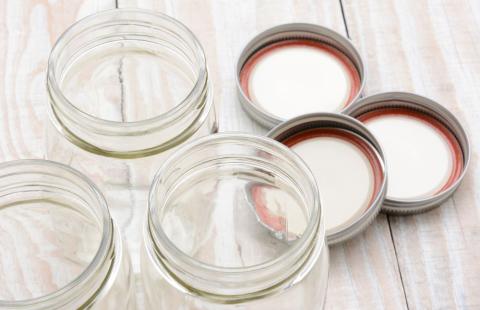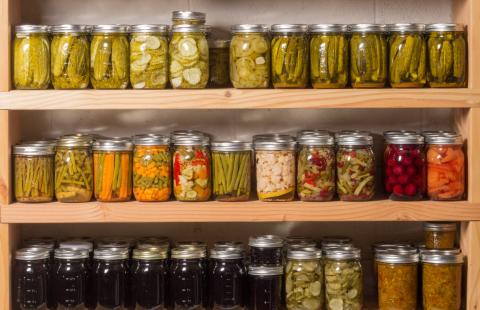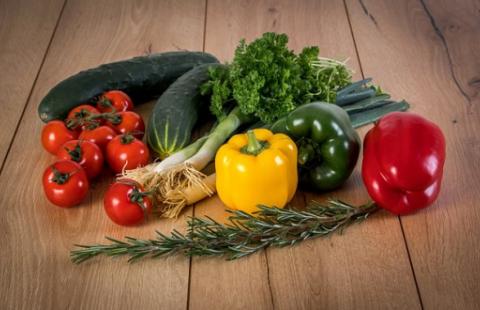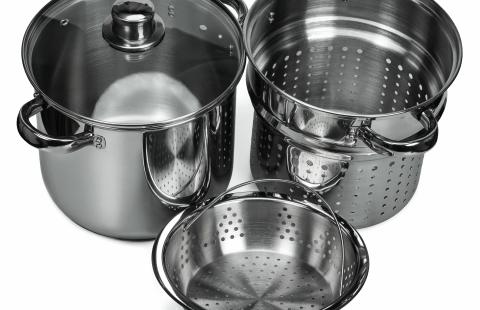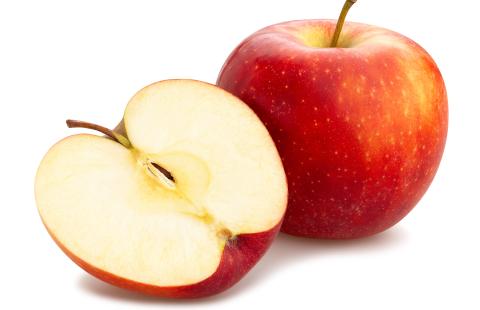Articles
Fermentation of food and beverages has been around for centuries as a safe way to preserve food. Fermenting is the process by which beneficial bacteri...
Learn More
One of the easiest, most convenient, and least time-consuming methods of preservation
Freezing is one of the easiest, most convenient, and least time-consuming methods of preserving foods.
Learn More
Successful canning starts with the use of jars in good condition and new lids with new or used ring bands in good condition.
Learn More
Events
-
February 21, 2025 to October 17, 2026
-
February 18, 2026, noon - 1:30 p.m.
-
February 23, 2026, 9 a.m. - 3 p.m.
-
February 24, 2026, 9:30 a.m. - noon
-
February 24, 2026, 6:30 p.m. - 8 p.m.
-
February 26, 2026, 11 a.m. - 3 p.m.
Resources
Freezing is an excellent way to store small and large game as well as game birds if it is done correctly. It is important to follow a few guidelines f...
Learn More
Information about washing, drying, removing ring bands, stacking, labeling, preventing contamination, and detecting spoilage.
Learn More
Selling Homemade Food Products in New Hampshire- Five Part Fact Sheet Series
Learn More
Done correctly, canning, freezing and drying fresh food from your own garden or purchased locally can be a good investment.
Learn More
Why Blanch Vegetables?
Blanching is the process of scalding vegetables in boiling water or steam for a short amount of time. Blanching ... Learn More
Blanching is the process of scalding vegetables in boiling water or steam for a short amount of time. Blanching ... Learn More
Freezing Fruit
Fruit can be safely frozen using different methods based upon the desired use of the final product. Alt... Learn More
Fruit can be safely frozen using different methods based upon the desired use of the final product. Alt... Learn More
-
Evalyn Rizzuto, Dairy & Livestock Program Intern



